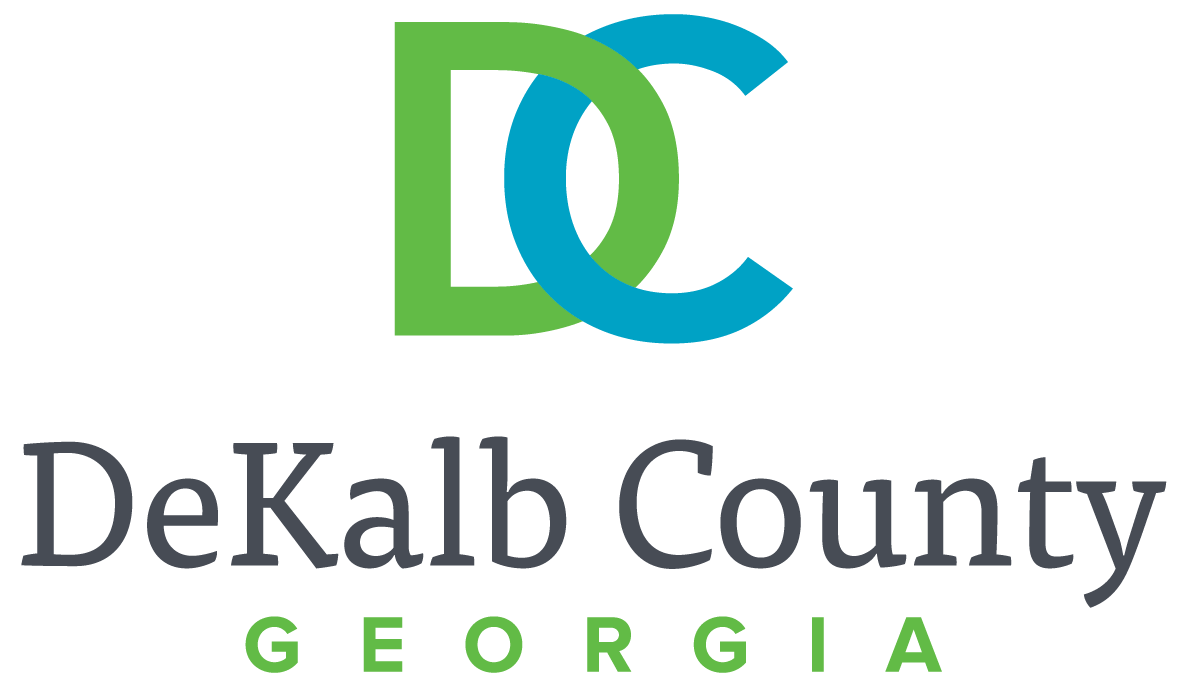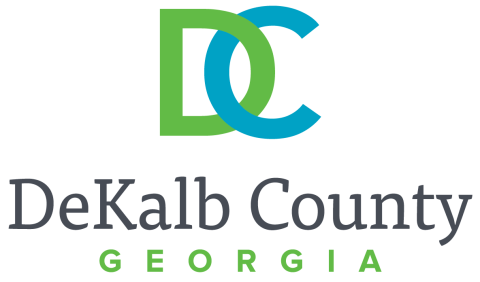
DECATUR, Ga. – The DeKalb County Sanitation Division will deploy 46 new automated side loader (ASL) sanitation collection trucks by December 2019. Operated by a single driver, the technologically advanced garbage trucks increase efficiency, reduce costs, and allow the county to service a growing number of customers.
“With the support of the Board of Commissioners, DeKalb County’s sanitation division fleet now includes more efficient, cost-effective trucks that will help to reduce workplace injuries,” said DeKalb County CEO Michael Thurmond.
In the past 10 months, the cities of Pine Lake and Stone Mountain switched from private providers to DeKalb County’s sanitation service, adding approximately 3,000 more homes to the county’s coverage area. In January 2020, the city of Doraville is expected to join the service area adding another 2,500 customers.
“In addition to improving waste collection, DeKalb's new ASL trucks will optimize routing, increase the level of service to our citizens and keep county roads and communities clean,” said Tracy Hutchinson, Sanitation Division Director.
In October 2017, the Board of Commissioners (BOC) unanimously approved the purchase of 36 ASL trucks, followed by another purchase of 10 ASL trucks in May 2018. The total cost of the 46 trucks is $15.8 million.
The first trucks were delivered in November 2018 and final delivery was made on Oct. 1, 2019.
ASL trucks meet and exceed industry standards. To improve operational, safety and communication functions, all ASLs were modified with cameras, two-way radios and steering that allows them to make tight turns in cul-de-sacs.
To date, nine trucks have been part of the ASL pilot program, with four of them currently servicing DeKalb County residential customers.
DeKalb’s pilot program demonstrated:
- Reduced work-related injuries. No major injuries were reported during the testing phase.
- The ability to complete a full route (800-1,200 homes) in 7-8 hours, compared to a rear loader truck which requires a three-person crew typically taking 10 hours.
- Decreased labor costs by $300 per day per truck, or $1,200 per week. The service will not require workforce reductions or additions.
Public education will be an important component of the rollout and will begin in the coming weeks. Information will be disseminated via city governments, the BOC, homeowners associations, residents, the sanitation customer service center, 311 call center, social media, county website and other online platforms.
###

